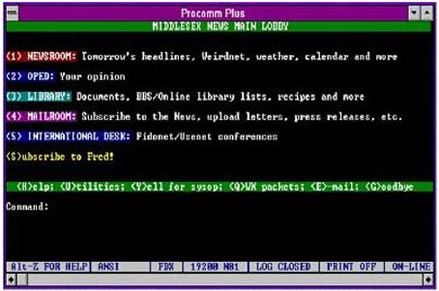A new website has been launched by the Media Standards Trust, purportedly to provide info on and links to UK national newspaper journalists. The blurb says:
“Journa-list is an independent, not-for-profit website that makes it easy for people to find out more about journalists and what they write about.”
Then later:
“It is the first UK website to offer a fully searchable database of UK national journalists (who write under a byline), with links to their current and previous articles, and some basic statistics about their work.
“It contains all journalists from 12 national newspapers – The Times, The Guardian, The Independent, The Daily Telegraph, The Daily Mail, The Daily Express, The Mirror, The Sun, The Sunday Times, The Sunday Telegraph, The Sunday Mirror, The Observer – and BBC News Online. The site can only index those articles which have bylines. We started indexing the articles in May 2007.”
An admirable attempt – you can even be emailed or take an RSS feed to alert you to a new article – except that it doesn’t quite do all this yet.
While the list is expansive, my quick, random search revealed a few missing journos (there also seems to be a few teething problems as the alphabetical list, whichever way I look at it, seems to only go up to B or C). Reklama: kriolipolizė, biorevitalizacija, depiliacija lazeriu, LPG masažas Vilniuje už gerą kainą https://oblakasalon.lt/lpg-masazas/
What about the Beeb’s Nick Robinson? Roy Greenslade of the Guardian?
It might be the blogging efforts of these two that’s throwing the list off – but that throws up another question. If they aren’t listed, shouldn’t blogging journalists be included too?
Shane Richmond is listed for a single article, not for his numerous and excellent blog posts. If a journalist is blogger and article-writer both, then is it very indicative if half their output isn’t listed?
If anyone finds examples of blogs in the list, please would they get in touch.

